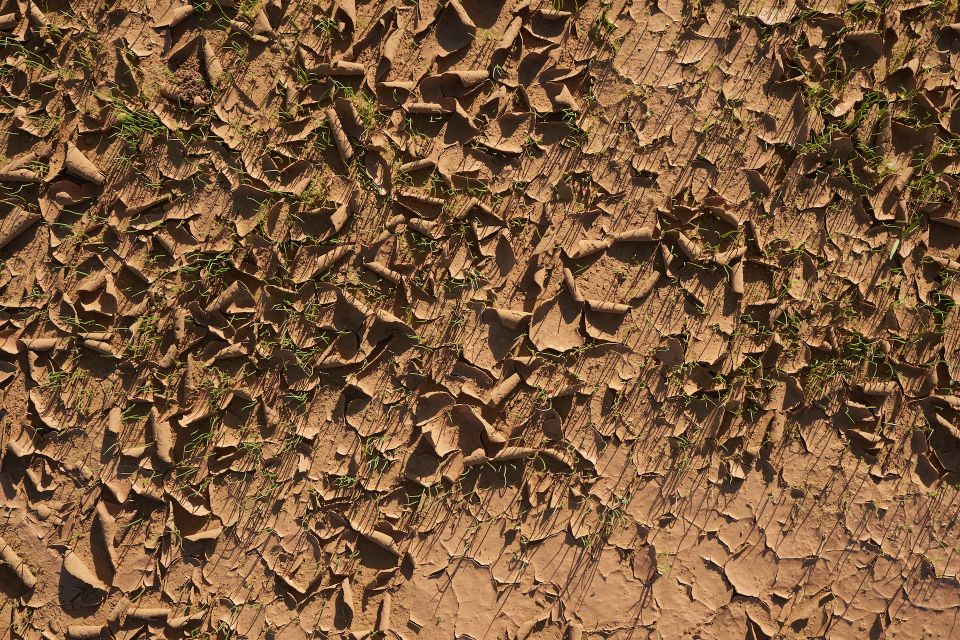Over the years, soil stabilization has become a crucial aspect of construction engineering. It involves the use of various techniques to improve the physical properties of soil, making it stronger, more durable, and better able to support structures. Soil stabilization techniques mitigate problems such as soil erosion, soil liquefaction, and soil compaction.
Here are some of the most common soil stabilization techniques used in construction:
1. Mechanical StabilizationOne of the most common soil stabilization techniques is mechanical stabilization. It involves the use of mechanical force to improve soil quality. This technique is used primarily for granular soils and involves adding a binding agent, such as cement or lime, to the soil. The binding agent is mixed with the soil using heavy machinery, such as bulldozers or excavators, to create a stable and compacted soil layer.
Mechanical stabilization is often used for road construction, requiring a solid and durable base layer. It is also used for building foundations and other structural applications.
2. Chemical StabilizationChemical stabilization utilizes chemicals to improve soil quality. This technique primarily uses cohesive soils, such as clay and silt. Chemical stabilization can be achieved using various chemicals, including lime, cement, and fly ash.
Lime is often used for chemical stabilization because it is readily available and cost-effective. It reacts with the soil to form calcium silicate hydrate, which improves soil strength and durability. Cement may also be used for chemical stabilization but is more expensive than lime. Fly ash is a by-product of coal combustion and can be used as a binding agent for soil stabilization.
3. Biological StabilizationBiological stabilization is a natural soil stabilization technique that uses vegetation to stabilize the soil. This technique is used primarily for slopes and embankments, where erosion is a significant concern. Vegetation helps to stabilize the soil by creating a network of roots that hold the ground in place. It also helps to absorb water and prevent erosion.
This is an environmentally friendly technique that can help prevent soil erosion and improve soil quality. It is often used for landscaping, restoration projects, and erosion control.
4. Thermal StabilizationAnother soil stabilization technique is thermal stabilization, which involves using heat to improve the properties of the soil. This technique is often used for treating contaminated soils, as heat can help to break down and destroy harmful chemicals and pollutants.
Thermal stabilization can be achieved using various methods, including heating the soil using steam or injecting hot air into the soil. The heat causes the soil particles to expand, which improves soil porosity and strength.
5. Electrokinetic StabilizationElectrokinetic stabilization uses an electric field to improve the properties of the soil. This method is often used for treating soils with high clay content, as clay particles have a negative charge that can be manipulated using an electric field.
To apply this technique, electrodes are installed in the soil and connected to a power source. The electric field causes the clay particles to migrate toward the electrodes, which reduces the soil's water content and increases its strength and stability.
Wrapping UpSoil stabilization techniques can improve soil quality, increase load-bearing capacity, and reduce soil erosion. The choice of soil stabilization technique will depend on the soil type, the intended application, and other factors. Engineers and contractors must carefully evaluate the soil conditions and choose the most appropriate soil stabilization technique to achieve the desired results.
Terra-Firma Stabilization & Reclamation specializes in soil stabilization and reclamation for various industries. We utilize innovative and effective techniques to ensure your soil stabilization project is completed on time and on budget. Contact us today to learn more about our
soil stabilization company in Chatanooga, TN.

